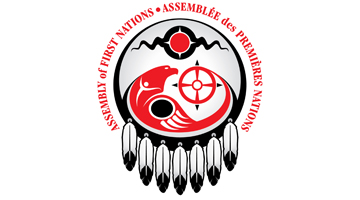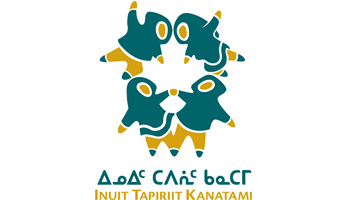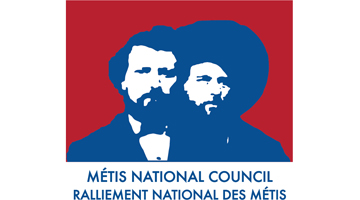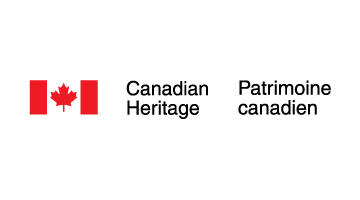Co-development of a National First Nations, Inuit and Métis Languages Act
The Department of Canadian Heritage, the Assembly of First Nations, Inuit Tapiriit Kanatami and the Métis Nation have worked together to co-develop national First Nations, Inuit and Métis languages legislation that will reflect the distinct geographical, political, legislative and cultural context impacting language preservation, promotion and revitalization. Read more about our collaborative work.
Working collaboratively to preserve, promote and revitalize Indigenous languages

Assembly of First Nations
Based on direction from First Nations, the Assembly of First Nations is advocating for legislation to establish long-term, sustainable, consistent, appropriate approaches to support First Nations in their efforts to recover, reclaim, revitalize, maintain and normalize First Nations languages in these lands now called Canada.

Inuit Tapiriit Kanatami
Inuit Tapiriit Kanatami led targeted engagement in Inuit Nunangat to gather input to help develop legislation that is transformative.

Métis Nation
The Métis Nation engaged with Michif speakers, educators and advocates from across the Métis homeland to inform the key elements of the proposed legislation.

Canadian Heritage
Canadian Heritage engaged with Indigenous Peoples to seek their views on what should be considered in the legislation.
Have your say! (Current Status: closed)

The national engagement to create First Nations, Inuit, and Métis languages legislation is now closed.
What Canadian Heritage heard through engagement sessions
Read the summary of findings of the early engagement sessions.

Key dates
1701 – Present: Historic and modern treaties
1870s – 1996: Impact of Residential Schools and Government policies
1996: Report of the Royal Commission on Aboriginal Peoples
1998: Canada’s Aboriginal Action Plan (Gathering Strength) and Statement of Reconciliation
2002: Task Force on Aboriginal Languages and Cultures (Towards a New Beginning: A Foundational Report for a Strategy to Revitalize First Nation, Inuit and Métis Languages)
2003: United Nations Educational, Scientific and Cultural Organization Report (Language Vitality and Endangerment)
2007: United Nations Declaration on the Rights of Indigenous Peoples
2008: Statement of apology to former students of residential schools, Prime Minister of Canada
2015: Truth and Reconciliation: Final Report; Honouring the Truth, Reconciling for the Future – Summary of the Final Report; and Calls to Action
2016: Commitment to Enact an Indigenous Languages Act - Prime Minister Justin Trudeau’s Speech to the Assembly of First Nations Special Chiefs Assembly
2017: Canada becomes a full supporter of the United Nations Declaration on the Rights of Indigenous Peoples
2017: Declaration on Co-Development of Indigenous Languages Legislation – Canadian Heritage, Assembly of First Nations, Inuit Tapiriit Kanatami and the Métis Nation; and Backgrounder
2017: Principles respecting the Government of Canada’s relationship with Indigenous peoples
2018: Intensive engagement (summer)
2019: Tabling of the Bill and Royal Assent
How a bill becomes a law
To help you understand the process, consult The Legislative Process: From Government Policy to Proclamation. Bill C-91 was tabled in Parliament on February 5, 2019. It received Royal Assent on June 21, 2019.